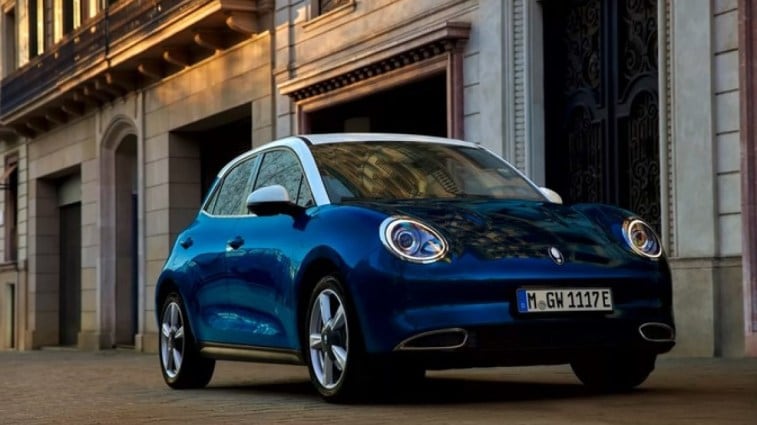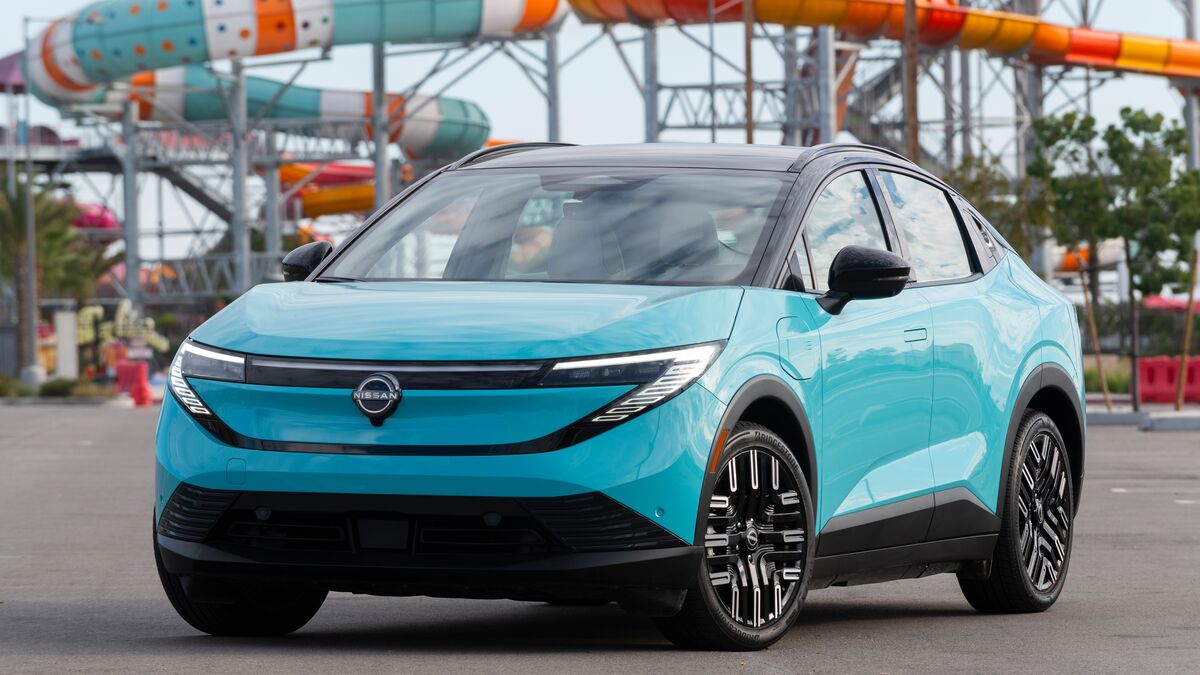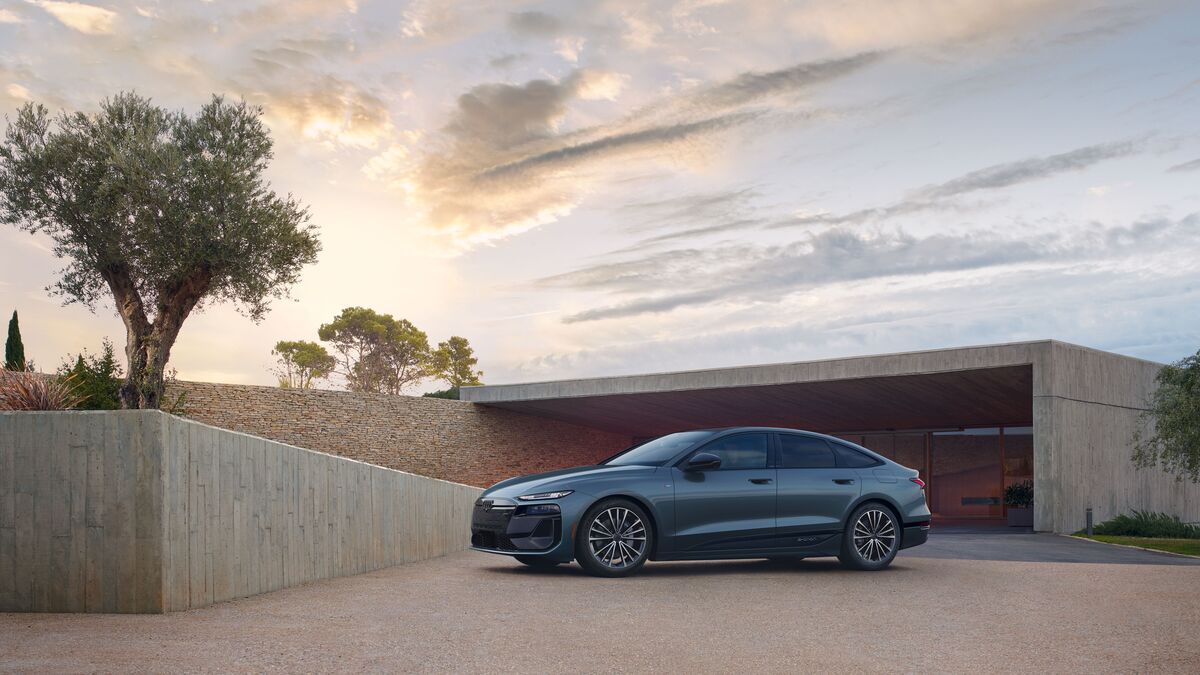The price of the average electric car in the United States has fallen more than 20% in just one calendar year. But electric vehicles (EVs) remain more expensive than their gas-powered counterparts. That gap could create an opening for Chinese-built cars in America.
General Motors’s Chevy Bolt EV is the cheapest EV for sale in the U.S. this month. The base model carries a manufacturer’s suggested retail price (MSRP) of $26,500. For many buyers, a $7,500 federal EV tax credit can make the Bolt even more affordable.
Through a joint venture, General Motors also helps build one of the least-expensive electric cars in China, the Wuling Mini EV. After a recent price cut, it carries a starting price of about $4,300.
Established in Europe
Axios reports, “Inexpensive electric cars from China have quickly gained a toehold in Europe — and could be taking over American driveways next.”
Kelley Blue Book parent company Cox Enterprises owns Axios.
Chinese buyers account for about 60% of global EV sales, Axios says. That includes sales of brands you’d recognize. The Tesla Model Y recently became the world’s best-selling vehicle thanks largely to a sales surge in China.
But many Chinese EV sales go to domestic automakers like BYD and Geely. Those brands have successfully spread to Europe. Axios notes, “Chinese imports are on track to hit 20% of EV sales [in Europe] by 2025, with models like Great Wall Motor’s new budget EV called the Ora Funky Cat.”
US Market Is Challenging
Bringing the brands to the U.S. would be challenging. America imposes a 27.5% tariff on Chinese-built cars (started during the Trump administration) and excludes cars with significant Chinese components from a $7,500 federal EV tax incentive (begun during the Biden administration).
But some Chinese-built cars are already on U.S. dealership lots. The Buick Envision and Polestar 2 are both built in China, Axios reports, and the Lincoln Nautilus will soon be as well.
If they want to compete here, Automakers like BYD and Geely must build ways to distribute and service cars in America. But American EV startups like Rivian and Lucid face that same challenge with much higher labor costs.
“Goldilocks” Timing Problem
John Bozella is president of the Alliance for Automotive Innovation, a major auto industry trade group. In a recent blog post, he posited that the U.S. auto industry has a “Goldilocks problem” regarding Chinese automakers.
If the country moves too slowly on electrifying most transportation, he says, that “gives China the running room to lock up global EV supply chains and expand into other global auto markets.” But if it moves too quickly, American automakers will have to use battery minerals originating in China, which “dominates the critical mineral mining and processing universe.”
Chinese automakers see the opportunities Bozella fears. Tu Le, founder of management consulting firm Sino Auto Insights, tells Axios that American consumers are too big a market for Chinese automakers to avoid. “Once the first domino falls, more will fall,” he says.








